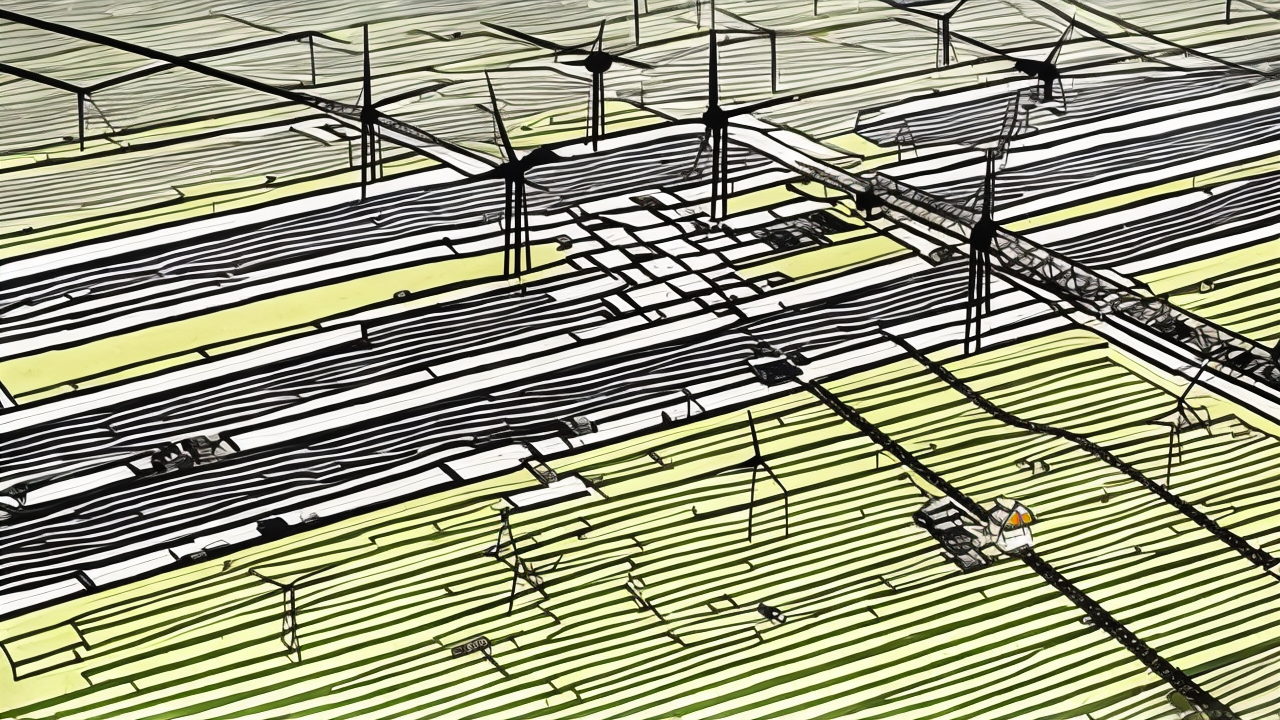Rising Power Prices Highlight Need for Market-Based Utility Reforms

Electricity prices across the United States have climbed sharply, placing a growing burden on families in states like New York and California. While inflation, rising data center demand, and the expansion of renewable energy systems contribute to the trend, the deeper issue lies in how utility companies are structured and regulated. For decades, these firms have operated under a model that guarantees returns based on investment, creating powerful incentives to spend more rather than save. This system, designed with state oversight, has led to bloated infrastructure projects, rising costs, and a lack of accountability—problems that harm ordinary households most.
Under the current framework, utilities such as ConEd and SoCal Edison are rewarded for spending, not for efficiency. With state-approved return rates of 9 to 11 percent, these companies earn profits regardless of performance. The result is a cycle of overbuilding and cost pass-throughs that ultimately fall on consumers. Studies show this model costs the average household nearly $400 a year in excess expenses. New York Representative Ritchie Torres has rightly called it “the most regressive tax most people have never heard of”—a system that taxes the poor and middle class more heavily while shielding the institutions that profit from it.
This kind of financial imbalance runs counter to principles of fairness and responsible management. As people of faith, we are called to be good stewards of the resources God has provided. This includes managing public services with integrity, transparency, and care. When systems reward inefficiency and penalize frugality, they fail both their customers and their moral obligations.
A better approach is emerging—one that brings market discipline to utility financing. Competitive Direct Equity (CDE) is one such reform. Under CDE, institutional investors would bid to fund utility projects based on real returns and long-term performance. This replaces the guaranteed profit model with real competition, where capital is allocated based on merit, not political favor. The outcome? A stronger incentive to build smarter, operate efficiently, and serve customers well.
This shift aligns with time-tested values of hard work, personal responsibility, and economic prudence. It reflects the biblical call to “be wise as serpents and innocent as doves” (Matthew 10:16)—using sound judgment and foresight in managing resources. When investors have a real stake in outcomes, they naturally seek reliability, durability, and cost control. The result is a system that serves the public interest more effectively.
The wisdom of this model is not new. BlackRock CEO Larry Fink has emphasized the importance of long-term, stable infrastructure investment. His perspective shows that institutional capital is eager to support meaningful projects—but only when they are grounded in accountability and performance. CDE makes this possible by tying returns to real results, not just capital invested.
Critics may worry about privatization or loss of public control, but CDE does not eliminate regulation. It changes the incentives behind it. Rather than allowing utilities to profit from over-investment, the new model ensures that every dollar spent is justified by measurable outcomes. This protects consumers, strengthens grid reliability, and reduces long-term risk.
We must also recognize the broader implications of government overreach. When state regulators set fixed returns, they often become entangled in bureaucratic inertia. This slows innovation, discourages competition, and distorts market signals. A market-based system restores balance—giving private capital the tools to innovate while keeping public oversight focused on performance, not profit padding.
Ultimately, reforming the utility sector is not just about lowering bills. It is about honoring our duty to care for one another, especially the most vulnerable. High energy costs strain family budgets, limit access to essential services, and deepen economic stress. By adopting reforms that promote efficiency and fairness, we uphold the values of compassion, justice, and stewardship.
The path forward is clear. We must move beyond outdated models that reward waste and protect inefficiency. Instead, we should embrace solutions that align profit with performance, accountability with innovation, and service with integrity. In doing so, we not only strengthen our energy system—we honor the principles that have long guided responsible communities: wisdom, diligence, and care for our neighbors.
Published: 10/11/2025








